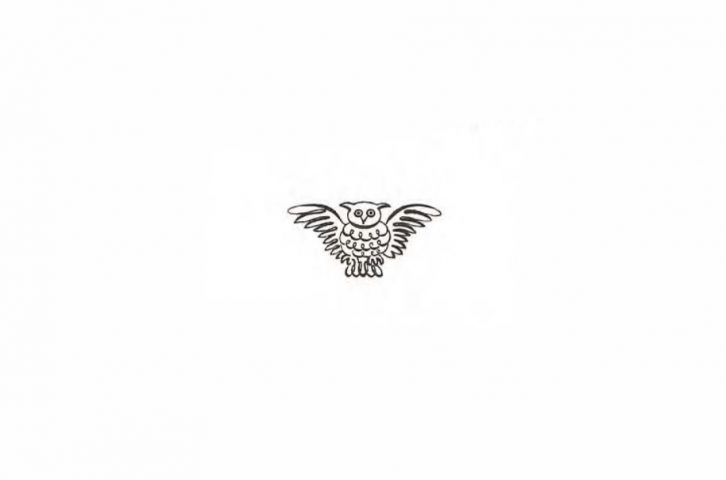A letter from the Abbé Franklin to the Abbé Morellet (ca. 1779)
You have often enlivened me, my dear friend, by your excellent drinking songs; in return, I beg to edify you by some Christian, moral, and philosophical reflections upon the same subject.
In vino veritas, says the wise man,—Truth is in wine. Before the days of Noah, then, men, having nothing but water to drink, could not discover the truth. Thus they went astray, became abominably wicked, and were justly exterminated by water, which they loved to drink.
The good man Noah, seeing that through this pernicious beverage all his contemporaries had perished, took it in aversion; and to quench his thirst God created the vine, and revealed to him the means of converting his fruit into wine. By means of this liquor he discovered numberless important truths; so that ever since this time the word to divine has been in common use, signifying originally, to discover by means of WINE (VIN). Thus the patriarch Joseph took upon himself to divine by means of a cup or glass of wine, a liquor which obtained this name to show that it was not of human but divine invention (another proof of the antiquity of the French language, in opposition to M. Gébelin); nay, since that time, all things of peculiar excellence, even the Deities themselves, have been called Divine or Divinities.
We hear of the conversion of water into wine at the marriage in Cana as of a miracle. But this conversion is, through the goodness of God, made every day before our eyes. Behold the rain which descends from heaven upon our vineyards; there it enters the roots of the vines, to be changed into wine; a constant proof that God loves us, and loves to see us happy. The miracle in question was only performed to hasten the operation, under circumstances of present necessity, which required it.
It is true that God has also instructed man to reduce wine into water. But into what sort of water?—Water of Life (Eau de Vie). And this, that man may be able upon occasion to perform the miracle of Cana, and convert common water into that excellent species of wine which we call punch. My Christian brother, be kind and benevolent like God, and do not spoil his good drink.
He made wine to gladden the heart of man; do not, therefore when at the table you see your neighbor pour wine into his glass, be eager to mingle water with it. Why would you drown truth? It is probable that your neighbor knows better than you what suits him. Perhaps he does not like water; perhaps he would only put in a few drops for fashion’s sake; perhaps he does not wish any one to observe how little he puts in his glass. Do not, then, offer water, except to children; ’tis a mistaken piece of politeness, and often very inconvenient. I give you this hint as a man of the world; and I will finish as I began, like a good Christian, in making a religious observation of high importance, taken from the Holy Scriptures. I mean that the apostle Paul counselled Timothy very seriously to put wine into his water for the sake of his health; but that not one of the apostles or holy fathers ever recommended putting water into wine.
P.S.
To confirm still more your piety and gratitude to Divine Providence, reflect upon the situation which it has given to the elbow. You see in animals, who are intended to drink the waters that flow upon the earth, that if they have long legs, they also have a long neck, so that they can get at their drink without kneeling down. But man, who was destined to drink wine, must be able to raise the glass to his mouth. If the elbow had been placed nearer the hand, the part in advance would have been too short to bring the glass up to the mouth; and if it had been placed nearer the shoulder, that part would have been so long that it would have carried the wine far beyond the mouth. But by the actual situation, we are enabled to drink at our ease, the glass going exactly to the mouth. Let us, then, with glass in hand, adore this benevolent wisdom;—let us adore and drink!



